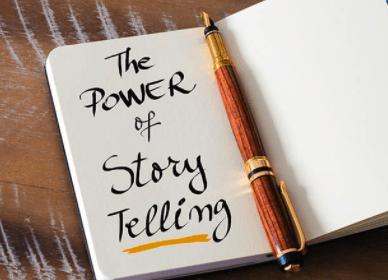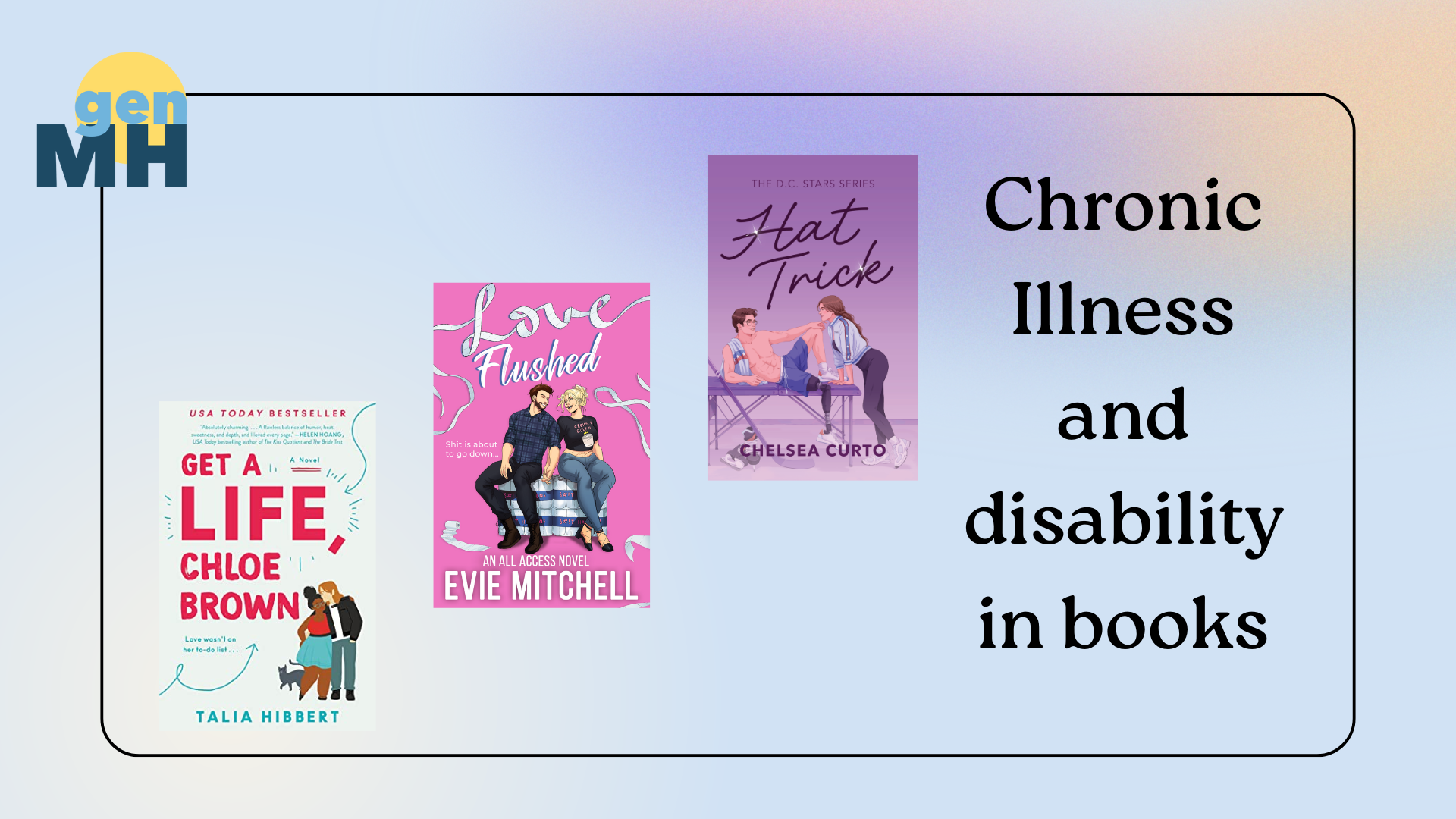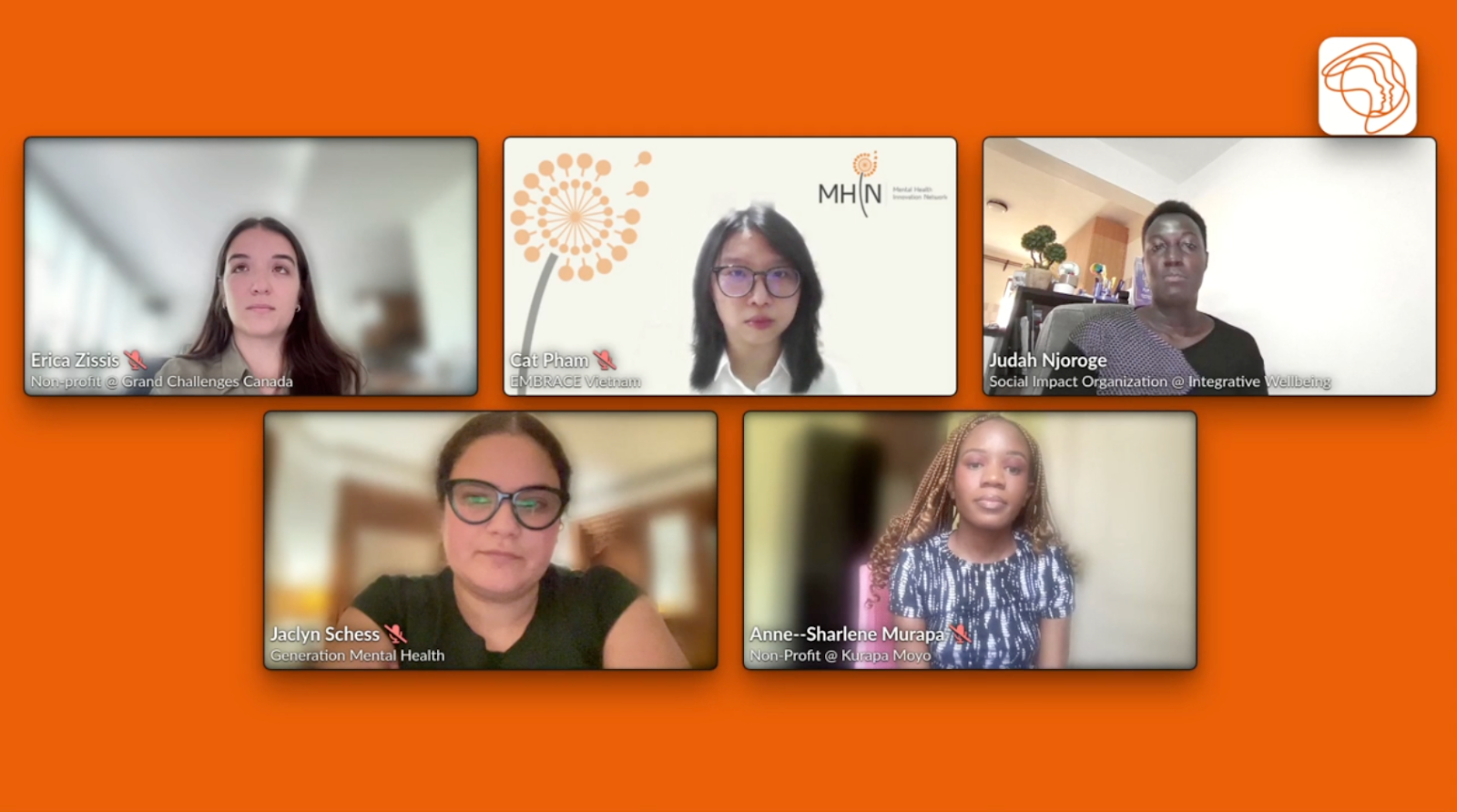Lived Experience, Storytelling, and Mental Health: How can we be Agents of Change?

From November 19th-21st, we had the opportunity to attend Generation Mental Health's second annual conference – Global Mental Health: Agents of Change. Over these three days, we participated in various keynotes, panels, workshops, and mentorship opportunities from notable speakers worldwide.
On Saturday, November 20th, we (Enia and Francesca) met when we participated in the workshop ‘The Power of Sharing Your Story’ by the Healthy Brains Global Initiative (HGBI) Lived Experience Council. In this workshop, we engaged in several activities to answer the question: How can we, as people with lived experience, most effectively share our stories with others to advocate for change within the mental health space? The exercises ranged from coming up with a hypothetical six-word response to someone who asks you why you are an advocate for mental health, to spending two minutes speaking to everyone about why you want to share your story.
Although the HGBI Lived Experience Council advertised the workshop as a discussion on the power of sharing your story, so much more came out of it. We were given a space to get to know each other and be vulnerable together. Sharing your story or speaking about why you want to be an advocate can be scary – it was scary for me (Francesca). However, because we were all there to learn more and engage in the activities, we felt comfortable sharing our stories and speaking our truth.
However, we believe that one of the biggest takeaways from the workshop and the conference as a whole is that there is a desperate need for those with lived experience to be considered at a local and international level and to affect change in more impactful ways.
The workshop we attended highlighted the importance of empowering, building capacity, and a sense of ownership, so we can own our story, elaborate it, process it, and stand our ground. We came to realize that paper and pencil -or a keyboard- are some of the most powerful tools to learn about ourselves and share our perspectives and experiences with the world. Having the tools to own and communicate our stories can be part of a process of healing for ourselves because it can normalize and validate our experiences.
Empowerment is both individual and collective, especially when sharing lived experiences. We require both the linguistic know-how and personal resources as well as the emotional, psychological, and pragmatic support from the audience for this effort to be sustainable. Personal and collective narratives might make their way through -isms and phobias and ultimately the powers involved in narrative-setting. Sharing our stories is labor-intensive and can exacerbate our vulnerabilities; it can unveil difficult personal journeys and experiences and yet it is out of our grasp to convey their length and depth fully. It might make us feel vulnerable as we open up to others’ interpretations. But this is where stories can also be used to invite collaboration, support, change narratives, and gain allies. We can identify what is not spoken about and why, and speak with each other. To say that multiples are more than one, that one voice can be amplified, that one struggle is our struggle, even when its circumstances and uniqueness should be respected and given space.
One sentiment that the conference shared as a whole is that we need to advocate, hold space for each other and re-evaluate the way we think of who is an expert of what story and why, to create meaningful support and collaboration. When it comes to sharing, we also need others. During the workshop, we were all placed in a vulnerable space while sharing our stories because we felt exposed and vulnerable to an audience of which we knew little or nothing about apart from a collective interest in mental health. However, we all felt comfortable sharing because we were in a space where everyone was intentionally and explicitly reaching out to create a welcoming space where we respected each other’s vulnerabilities. Like during the workshop, we need to hold a space that supports people when they come forward with their stories because those who might ‘put themselves out there’ might feel a new sense of susceptibility in being visible, exposed, and vulnerable, not only then and there, but also later on. We need to make sure that the cost of coming forward isn’t a burden and that coming forward is okay, just as it is taking their time or not wanting to do so.
Overall, this conference is unique because beyond learning about current global mental health issues, we are learning what we can do to make a change. So, rather than leave the conference saying, “I learned a lot,” we are asking ourselves, “I learned a lot, now what can I do?”
Citations:
Image: https://www.calmsage.com/wp-content/uploads/2020/11/The-Power-Of-Storytelling-On-Mental-Health.jpg


